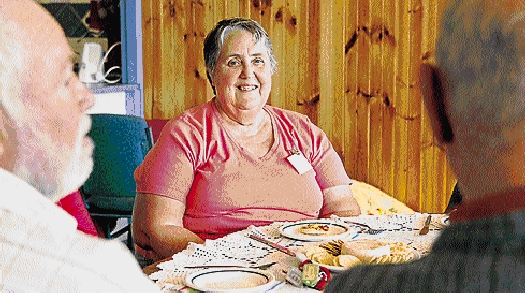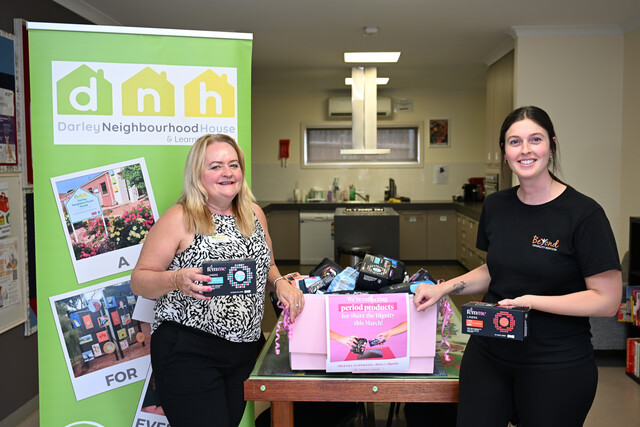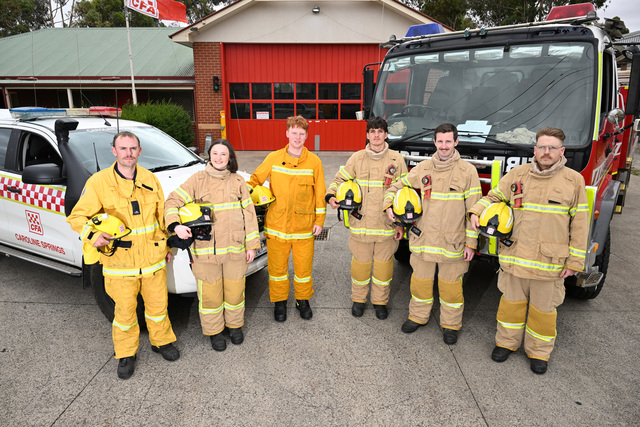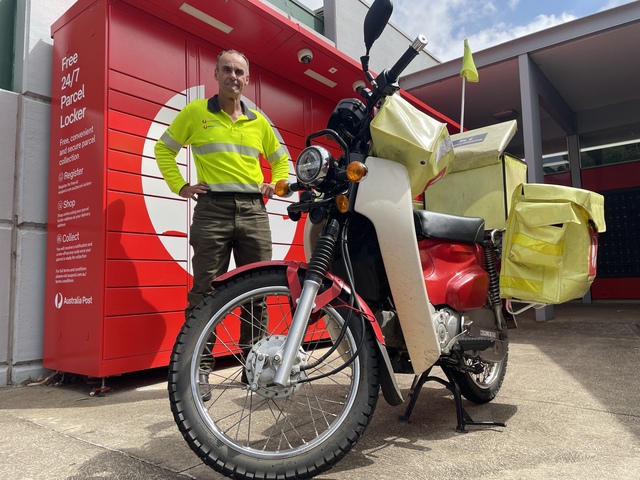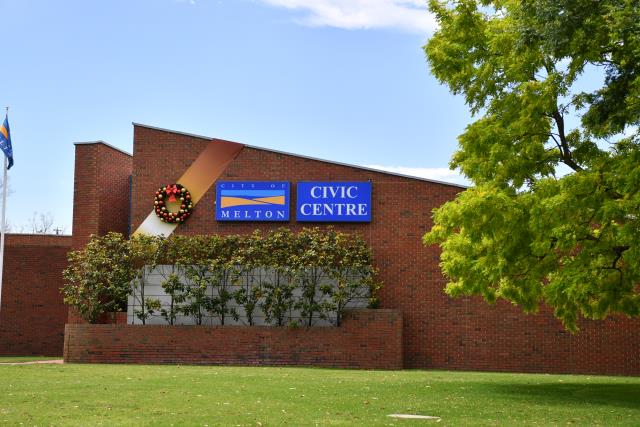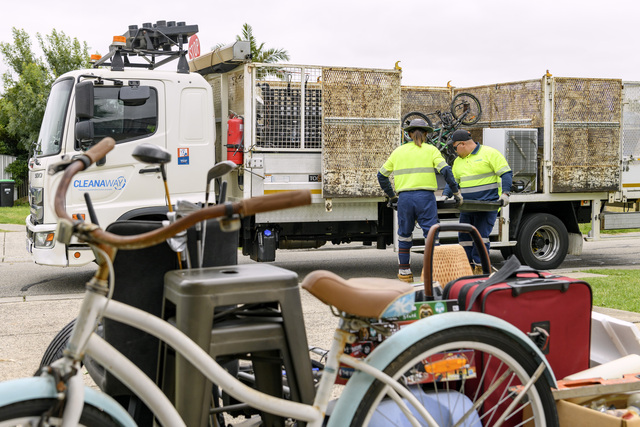ALARM bells started ringing for Keith Hansen when he’d make his evening cup of tea.
Instead of dipping the teabag up and down, he’d do so with the cup instead. Tea would splash everywhere.
The Bacchus Marsh resident said it was one of the first indicators of Parkinson’s disease, a chronic, progressive neurological condition for which there is no cure. Although not fatal, it’s a life-long illness.
Last Wednesday was World Parkinson’s Day, and on Thursday a Parkinson’s support group servicing Melton, Bacchus Marsh, Sunbury and the Macedon Ranges held what they called their ‘shaky lunch’ to garner attention for the disease.
Mr Hansen was only 38 when diagnosed. The former Footscray MFB firefighter had attended a chemical fire, which he believes caused him to develop the condition.
“Three of us went – all young men – and all three of us have Parkinson’s,” he said.
“There was fly spray and other chemicals in the air. I don’t think it is just coincidental, but they still haven’t been able to prove there is a link between chemicals and Parkinson’s.”
Because of his young age, Mr Hansen received deep brain stimulation surgery to help counter the symptoms and a pacemaker was implanted to send electrical impulses to specific areas of his brain.
Mr Hansen, now 62, can vividly remember his first visit to the doctor after the 8?-hour surgery.
“For the first time in 10 years, I could walk straight away and my son yelled out, ‘Dad, you just took a step’,” he said.
” I couldn’t hold my wife’s hand for five years before the surgery. All of a sudden I could squeeze it.”
Symptoms fluctuate greatly, with no two
people affected in exactly same way. Common symptoms are tremors and trembling, starting in the hands and spreading to the legs on one side first.
Rigid limbs and stiff muscles are also signs, as are slowness of movement, speech problems – usually a stutter – and swallowing difficulties.
Jackie Bickerton, a retired nurse and the group’s chairwoman, loved to while away the hours sewing, cross-stitching and creating
colourful patchworks for the children in her life.
When her thumbs began to quiver and she could no longer feed the thread through the
needle without slipping, she knew something wasn’t quite right.
“It’s one of the things I really miss,” she said. “Now I just get frustrated when I sew.”
She says the most difficult part is the
embarrassment of people staring because she is stumbling.
“You learn things here, little tricks on how to deal with the disease,” she said.
“It helps with acceptance of the disease. Depression is very common but if you know someone else out there is experiencing the same things, it helps.”
Details: visit parkinsonsvic.org.au

